Power cuts put pressure on South African poultry sector
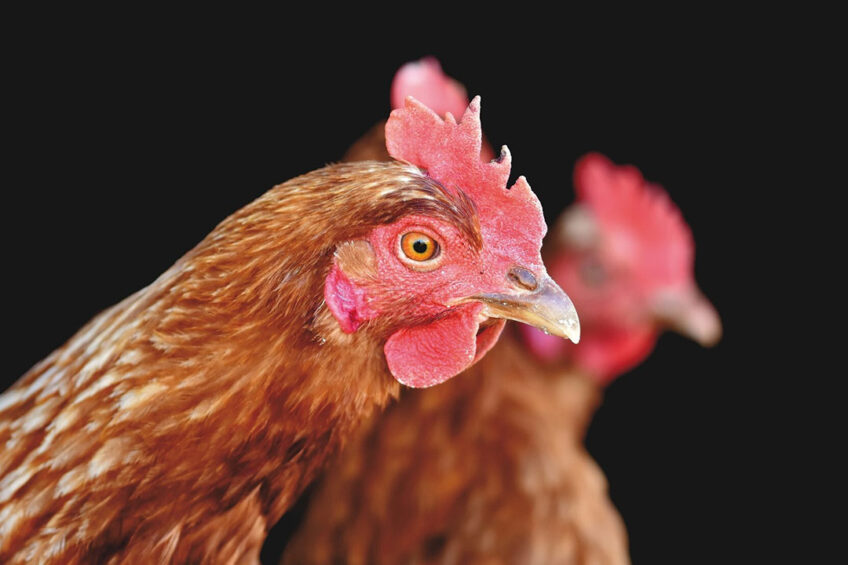
Rolling national power cuts, or ‘loadshedding’, continue to have a devastating effect on poultry farmers and abattoirs throughout South Africa. Poultry World spoke to Izaak Breitenbach, CEO of the South African Poultry Association, to find out how this unique energy crisis has impacted the sector, which is forced to deal with hiked costs and power disruptions that last anywhere between 2 and 10 hours a day, every day.
Loadshedding has become a daily reality across the country and is a result of ageing coal-fired power stations, corrupt coal procurement deals and criminal sabotage, reports Reuters, all of which have impacted the national power utility, Eskom, to supply adequate electricity to South African businesses and households. The result is power cuts across the country which, according to a popular loadshedding app, EskomSePush, experienced 2,881 hours of loadshedding in 2022. Loadshedding was implemented every day in January this year, with no respite in sight.
Poultry processor’s profits plunge
Astral Foods, one of South Africa’s largest poultry firms which processes nearly 6 million chickens per week and accounts for about a quarter of the country’s broiler meat production, expects a 90% plunge in mid-year profits. In a trading update, the company noted that loadshedding has “led to abnormal additional costs as well as substantial production cutbacks of at least 12 million broiler placements for the 1H2023″.
Poultry production is a 24-hour-a-day activity, and farmers depend on a reliable supply of electricity. Smart technology is integrated into most commercial poultry houses in South Africa, which controls all functions in the barn, including the supply of feed and water and, most importantly, ventilation. “If loadshedding occurs, ventilation stops in the absence of generators or an alternative electricity system being immediately activated, and birds can die in as little as 45 minutes,” says Breitenbach.
“Our poultry houses are predominantly state-of-the-art and cost as much as R5 million per house,” he explains. “They are totally environmentally controlled, and so generators are common practice on these farms, but they require diesel which is a big expense. Solar has been installed on some farms to help reduce this cost.”
Abattoirs forced to discard chickens
Breitenbach highlights that while it is critical that poultry houses are permanently connected to a power supply, they are not big consumers of electricity if compared with abattoirs, which he says are typically located in industrial areas where solar or wind power are not viable options. But the power disruptions at the abattoirs have severe consequences.
Carcasses must be cooled to below 7°C within 45 minutes of being slaughtered, after which the meat is cut and placed in cold storage or in a freezer. IOL reports SAPA spokesperson, Alex de Coning, reporting that running a generator costs a lot of money and that, as a rule of thumb, an abattoir that slaughters 1 million birds per week would spend about R100,000 every hour running generators.
“Companies that do not have generators can have up to 10,000 birds hanging on shackles in the abattoir, not being processed. These birds are lost and disposed of during loadshedding due to the lack of cooling and potential food safety issues,” he said.
“When we have extended loadshedding, we cannot catch up lost time,” said Breitenbach. “The implication is that birds are discarded, or the decision is made to keep them on the farm, but there they consume feed and grow bigger (out of spec) for the market. There are, therefore, fewer chickens in the market, which affects the price and disrupts the entire production chain.”
Dark days ahead
Breitenbach notes that in December, 70 KFC stores in South Africa ran out of chicken and had to close their doors or continued to operate but with limited options available on the menu. Loadshedding comes at a great cost to the poultry industry, he says: “It was calculated that loadshedding cost the industry 75c per kg. This will put upwards pressure on the price.”
“Farmers are on their own during loadshedding and receive no assistance from the government at all. The increased cost due to the use of generators is carried by the farmer, and with no end in sight, these power cuts will continue to impact the sector and consumers.”
 Beheer
Beheer


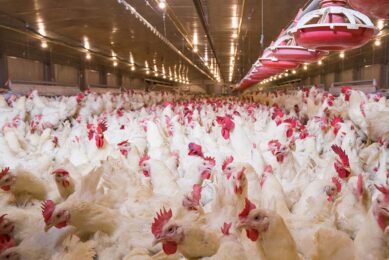
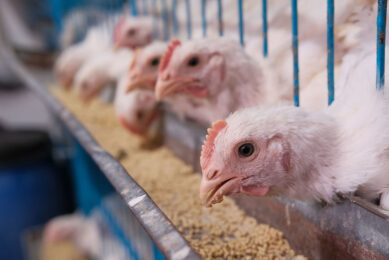
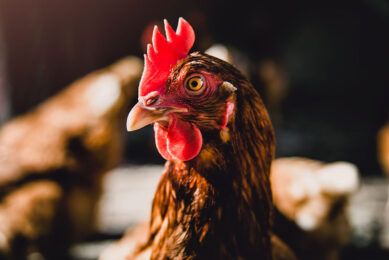
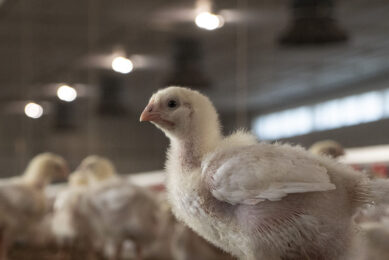





 WP Admin
WP Admin  Bewerk bericht
Bewerk bericht